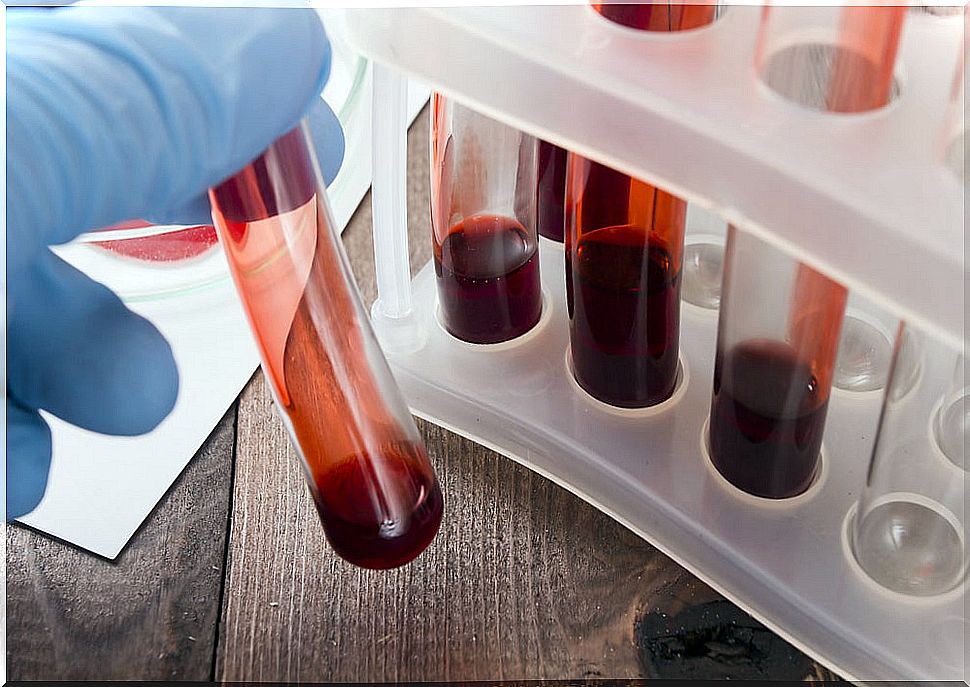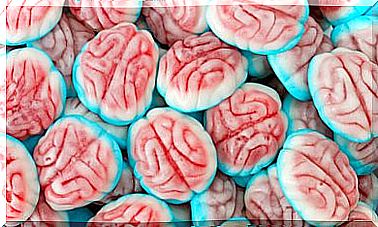What Is Thalassemia?
Thalassemia is a hemonoglobinopathy, that is, an alteration of the hemoglobin chain of red blood cells.
Genetics, a key factor
A person has thalassemia when one or both parents pass the genetic mutations that cause it to them. Due to these genetic mutations, the person has abnormalities in the hemoglobin chain and the red blood cells do not work properly
Hemoglobin is made up of two proteins: alpha globulin and beta globulin. So when there is a defect in the synthesis of any of these chains, it is because thalassemia is present.
Types of thalassemia
There are different types of thalassemia that will depend on the affected hemoglobin chain. This is important, because although there are some that do not present symptoms, there are others that cause the death of the patient. This is because they are incompatible with life.
- Alpha-thalassemias
- Beta-thalassemias
- Beta / delta-thalassemias
Alpha-thalassemias
Alpha-thalassemias are the most common alteration in the world population, occurring mainly in the Middle East and Asia. This type occurs as a consequence of the absence or defect in the synthesis of one or more chains of the alpha-globin protein.
The severity of this type of thalassemias is variable, being its clinical forms:
- Silent trait : This type has no symptoms, so it is only diagnosed when the patient’s medical history is studied.
- Alpha Thalassemia Minor : Two of the four alpha chain genes are missing, leaving the patient moderately anemic.
- Hemoglobinopathy H : The patient shows an absence of three of the four genes of the alpha chains. It is very rare and infrequent and is usually discovered through a prenatal diagnosis.
- Bart’s hemoglobin or hydrops fetalis : there is an absence of alpha chains, resulting in the death of the fetus in the womb or shortly after birth.
Beta-thalassemias
In this group , different forms can be observed, although the most important are thalassemia minor and the major:
- Selent or minimal thalassemia : it is asymptomatic. It is diagnosed by family medical history.
- Thalassemia minor : occurs as a result of a decrease in the synthesis of beta chains and is usually asymptomatic. It is the most common form in the Mediterranean area.
- Thalassemia intermedia : Patients often present with significant anemia.
- Thalassemia major : Also known as Cooley’s disease, it is the most severe form of beta-thalassemias. It occurs as a result of a total lack of synthesis of beta chains.

Symptoms
Symptoms will depend on the type of thalamia. However, when thalassemia leads to anemia, due to decreased hemoglobin, it causes similar symptoms, such as:
- Fatigue.
- Jaundice.
- Bone pain.
- Lack of appetite.
- Liver dysfunction
- Spleen congestion.
- Difficulty breathing.
Diagnosis
Generally, this disorder can be diagnosed by blood tests, although certain symptoms such as a swollen spleen can be noticed by a physical exam.
Blood tests can recognize the disease as there is anemia in thalassemias. Also, red blood cells are smaller than normal.
Another test is electrophoresis, in which blood is drawn and the presence of abnormal hemoglobin is observed. In this way, it allows to detect the problem.
On the other hand, carrying out genetic studies makes it possible to diagnose some types of thalassemias, especially those that do not cause symptoms.
Thalassemia treatment
Currently, there are different treatments for thalassemia depending on the type and severity of it.
- Blood transfusions : This treatment is necessary in thalassemia major and some types of thalassemia intermedia.
- Surgical removal of the spleen : it is carried out in cases of intense chronic anemia when it is accompanied by an increase in the size of the spleen.
- Bone marrow transplant : it is an option with great curative potential for thalassemia major. It is also especially useful for children and younger patients.
- Erythropoietin : this is a hormone that facilitates the creation of red blood cells. It is usually reserved for cases of plasma major and intermediate.
As in other diseases, early diagnosis and treatment helps to considerably improve the prognosis.









